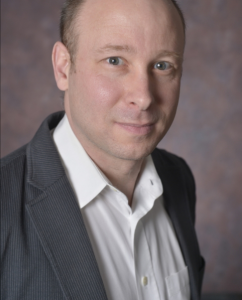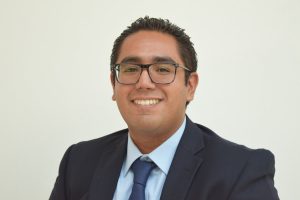People
Dr Jeffrey Zahn

Dr. Zahn’s research is focused on the development of microfabricated and microfluidic devices which can be used during clinical diagnosis, health management and treatment of disease, as well as supporting and monitoring microscale cell cultures. By employing basic microfabrication techniques we have developed a number of devices which can assist in neuroengineering. His research combines modeling, device design, fabrication, and testing in an adaptive and iterative process for device optimization. Dr. Zahn`s current research projects include: multiphase microfluidics and electrohydrodynamics for DNA Purification, the use of transverse electrokinetics for DNA concentration, the development of blood separation and blood plasma biomarker analysis microdevices. a microfluidic high throughput cell electroporation platform, topographically patterned multielectrode arrays supporting neuron/myocyte cocultures, multiwell cell culture chambers to support mini-neurociruitry models, and neuroprobes to minimize tissue damage and gliosis. His research has been supported by the ADA, NSF, New Jersey Commission on Spinal Cord Research, the Wallace H. Coulter Foundation and NIH.
Graduate Students
Andrew Pskowski
Andrew’s current research involves the using bifrucating micronetworks to study hemodynamics within the microcirculation. He previously worked on an electrowetting on dielectric (EWOD) platform for immunoassay. His other research interests include the development of technologies for point of care diagnostics, proteomics, and large scale soft lithography. Andrew received his BS and MS in Biomedical Engineering from New Jersey Institute of Technology.
Denise Robles

Denise’s research interests are in the development of miniaturized technologies to closely model neurological systems and disorders. Denise obtained her B.E. in Biomedical Engineering from the Macaulay Honors College at the City College in New York, where she worked with microfluidic co-culture systems. Denise also worked in the development of a plasmonic biosensor to detect neurodegenerative disease biomarkers through support from the Whitaker Foundation.
Maria Atzampou

Maria’s primary research focuses on the fabrication of a high-throughput microfluidic-based electroporation device for application in gene therapies. She is interested in integrated systems for lab-on-a-chip/ organ-on-a-chip applications. Maria holds a combined B.S./M.Eng. degree in Electrical and Computer Engineering from National Technical University of Athens. Her main focuses were electronics and bioengineering. She has experience in various cell transfection methods, and she conducted several biological assays to monitor cell/tissue behavior and function at her recent internship program. She has also worked in the development of nanoparticles to detect the viral mutations.

